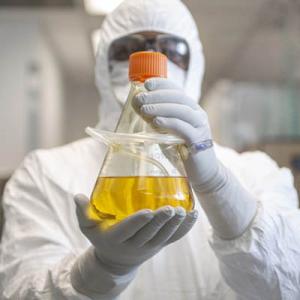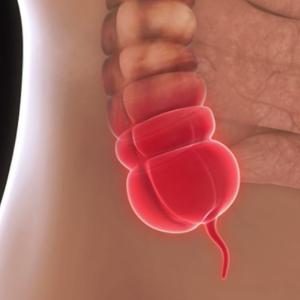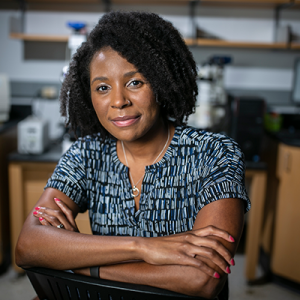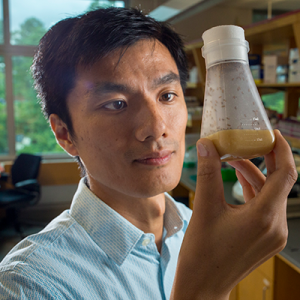Discovery of I-Shaped Antibody Opens New Avenue to HIV Vaccine
About 38 million people worldwide are living with AIDS. Pharmaceutical treatments can keep the disease in check, but a vaccine remains elusive despite decades of concerted effort. However, a recent discovery at the Duke Human Vaccine Institute (DHVI) brings the goal of an effective vaccine within reach.
Announcing 2022 LEADER Program Cohort
The Leadership Development for Researchers (LEADER) Program is designed for junior faculty who are leading a research group and driving their own research agenda.
Duke Institute Lands Federal Contract to Make Vaccine Candidates
The National Institute of Allergy and Infectious Diseases awarded researchers at the Duke Human Vaccine Institute a contract that enables it to compete for projects advancing investigational vaccines to production for use in early clinical trials.
Antibiotics Can Be First-Line Therapy for Uncomplicated Appendicitis Cases
With numerous recent studies demonstrating that antibiotics work as well as surgery for most uncomplicated appendicitis cases, the non-surgical approach can now be considered a routine option, according to a review article in JAMA
Erica Taylor, MD, SoM Alumna and Duke's First Black Female Orthopedic Surgeon, and Chief of Surgery at Duke Raleigh Hospital, Featured in STAT News
A STAT News investigation into Orthopaedic Surgery, deeming it "the whitest specialty."
Challenge Accepted: Duke Science and Technology
Duke launches an ambitious new effort to elevate and sustain excellence in science and technology.
Chantell Evans, PhD: Examining the Links Between Damaged Mitochondria and Brain Diseases
Humans are born with all the nerve cells they will ever have, and in each of those nerve cells live about two million mitochondria. As mitochondria age or become dysfunctional, the cell systematically removes them and replaces them with newer models. Neurobiologist Chantell Evans, PhD, wants to know more about this complex process.
Zhao Zhang, PhD: Follow the Jumping Genes
Zhao Zhang, PhD — ZZ to just about everyone — is a bit of a scientific outlier. While most of his bioscience colleagues around the world are studying the 23,000 protein-coding genes that make us human, the assistant professor of pharmacology and cancer biology is looking at the other part of the genome and asking what it does.
Josh Huang, PhD: Shining a Light on the Traffic Signals in the Brain
Think of the inner circuitry of the brain as a traffic network. When nerve cells release a signal, the information speeds along various routes to its destination: another nerve cell elsewhere in the brain. Neurobiologist Josh Huang, PhD, is especially interested in a particular type of inhibitory nerve cells called chandelier cells.
Duke Researcher Featured in the NIH Director's Blog for Developing a Way to Gauge the Effectiveness of mRNA Vaccines Against COVID19
The work of research team that includes Dr. David Montefiori of the Duke Human Vaccine Institute is highlighted in the NIH Director's Blog.









